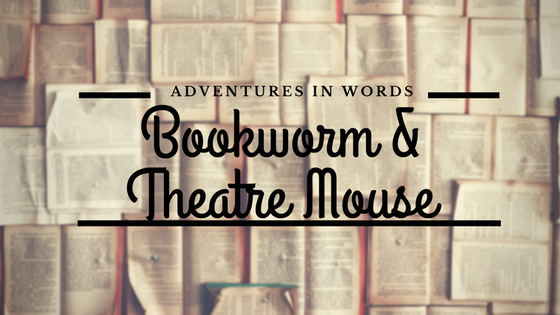This could be one of my favourite reads of 2021 – even if I had left it on my shelf for a while. A classic ghost story for middle-grade readers – well, let’s be honest, for all fans of ghost stories.
Set in the wonderfully atmospheric Lake District, we find a family with dark secrets and a fascinating collection of characters. Some of them rather disagreeable and some of them rather wonderful, and inspirational in their way. Especially our fantastically fiesty and independent lead character Agatha Asquith; despite it being set in the past, she is a perfect hero for the modern reader.
This beautifully written novel is one that I want to share with readers of all ages. For the younger reader, it is a perfectly exciting ghost story, and for us ‘older’ readers – well, it offers exactly the same, with a touch of nostalgia.
Lucy Strange is quickly becoming one of my favourite authors because she writes the sort of books I would have adored when I was younger. And have seen that she has a new title heading our way very soon – and I can’t wait!
